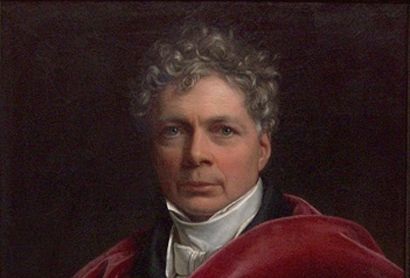1775년 1월 27일, ‘독일 관념론의 완성자’ 프리드리히 빌헬름 요제프 폰 셸링 (Friedrich Wilhelm Joseph von Schelling, 1775 ~ 1854) 출생
프리드리히 빌헬름 요제프 폰 셸링 (Friedrich Wilhelm Joseph von Schelling, 1775년 1월 27일, 독일의 뷔르템베르크 지역의 레온베르크 ~ 1854년 8월 20일, 스위스 바드라가츠)은 독일의 철학자이다. ‘독일 관념론의 완성자’로 불리기도 한다 (발터 슐쯔).
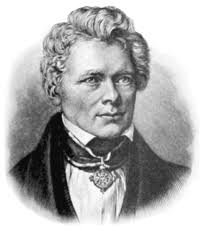
– 프리드리히 빌헬름 요제프 셸링 (Friedrich Wilhelm Joseph Schelling)
.출생: 1775년 1월 27일, Leonberg
.사망: 1854년 8월 20일, Bad Ragaz
.직업: 철학자, 대학 교수, 작가
.언어: 독일어 / 국적: 독일
.학력: 튀빙겐 에버하르트 카를 대학교, 라이프치히 대학교
.사조: 독일 관념론
.수상: Pour le Mérite for Sciences and Arts, Bavarian Maximilian Order for Science and Art (1853)
.스승: 요한 고틀리프 피히테, Ludwig Joseph Uhland, Gottlob Christian Storr, Johann Friedrich LeBret, Johann Friedrich Flatt, Christian Friedrich von Schnurrer
.배우자: Pauline Gotter, Caroline Schelling (1803 ~ 1809)
.자녀: Clara Waitz, Hermann Schelling, Julie von Eichhorn
.주요 작품: The Ages of the World
셸링 (1775 ~ 1854)은 헤겔과 더불어 독일 관념론을 완성한 대표자로, 생애 내내 철학의 주제와 방법론을 부단히 변모시켜온 대사상가이다. 초기 자연철학의 빼어난 논저들 (1796 ~ 1799)로 약관 스물넷의 나이에 괴테의 천거를 받아 예나대학 교수가 되었으며, 낭만주의 그룹과 교우하면서 독일의 지성적 중심에 서게 된다. 그의 청년기 철학을 대표하는 ‘선험론적 관념론의 체계’ (1800), 그리고 이후 동일성 철학의 주요 논저들을 거쳐 중기철학인 자유철학과 역사철학으로까지 철학의 지평을 심화시킨다. 에어랑엔대학 (1820 ~ 1827), 뮌헨대학 (1826 ~ 1839), 그리고 베를린대학 (1841 ~ 1846) 등에서 가르쳤고, 특히 1828년 이후 수차례 강의를 하면서 쓴 자신의 강의안 원고들은 그의 후기철학의 주저에 해당하는 ‘신화철학’ (전2권), ‘계시철학’ (전2권)으로 각기 출간되었다.
주요 저서로는 ‘선험적 관념론의 체계 System des transzendentalen Idealismus’ (1800), ‘인간적 자유의 본질에 관한 철학적 고찰 : Philosophische Untersuchungen uber das Wesen der menschlichen Freiheit’ (1809) 등이 있다.
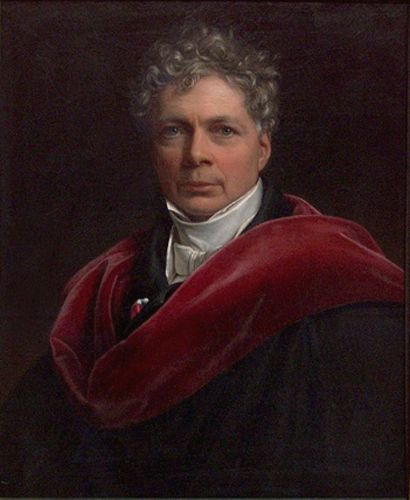
○ 생애 및 활동
– 성장
1775년 1월 27일, Leonberg에서 출생했다.
셸링의 아버지는 루터파 신학자였다.
헤겔과 횔덜린과 함께 튀빙겐 신학교에서 수학하였다.
재학 중 철학에 전향하였다.
조숙했던 천재로 출발한 셸링은 피히테와 스피노자에 의하여 자극받아 초월론 철학에 관한 저작을 발표하고 그 후 라이프치히에서 당시의 자연과학을 접하게 되어 자연철학으로 불리는 자연의 형이상학적 근거지움에 관한 저작을 정력적으로 발표하였다.
그 저작들 중 하나인 “세계의 영혼에 관하여”에서 괴테에게 인정받아 예나대학의 조교수로 초빙되었다.

– 연구활동
피히테의 예나 대학교 사직 후 철학 정교수가 된 셸링은 “내 철학체계의 서술”에서 피히테가 가한 비판을 계기로 점차 피히테와 자기의 철학적 차이를 자각하고 양자는 완전히 결별하고 1802년의 대화편 “브루노” 등에서 공공연히 피히테를 비판하기에 이르렀다.
아우구스트 빌헬름 슐레겔의 아내였던 카롤리네와의 연애 사건 및 예나에서의 보수파와의 대립에 의하여 셸링은 예나로부터 퇴거하여 한때 뷔르츠부르크 대학교에 적을 옮겼다.
그 후 1806년 뮌헨으로 이주하였다.
1807년 헤겔의 “정신현상학”에서 셸링의 동일철학이 비판되고 이것으로써 튀빙엔 이래의 두 사람의 우정은 끝나고 이후 헤겔은 셸링에게 있어 가장 중요한 논적 중 한 사람이 되었다.
아내 카롤리네의 죽음 직전에 출판된 “인간적 자유의 본질” (1809년) 이후로는 거의 공적인 저술활동으로부터 물러나 오로지 강의와 “세계의 세대들”을 시초로 하는 미간행 초고의 저술에 힘썼다.
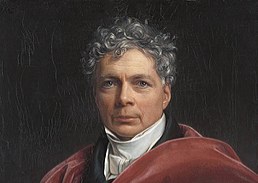
– 영향
셸링 사상의 시기구분에는 많은 설들이 있으나 이 “인간적 자유의 본질” 이후를 중기 또는 후기사상으로 보고 그 저작까지를 전기사상으로 부르는 것이 일반적이다.
셸링 자신은 자신의 전기철학을 소극철학, 후기철학을 적극철학 이라 부르고 헤겔 등 다른 철학자는 소극철학에만 관련되어 있다고 인정되고 있다.
“인간적 자유의 본질”은 셸링이 에팅거 및 가톨릭 신학자 프란츠 폰 바더를 통하여 알게 된 야콥 뵈메의 사상에 크게 영향을 받았다.
뮌헨 대학교 개교와 동시에 철학교수로 취임 강의를 행함과 동시에 뮌헨을 수도로 하는 바이에른 왕가의 왕자 막시밀리안의 가정교사로서 국정에도 관여하여 후에 그 공적으로 귀족에 서임되었다.
후에 헤겔의 사후 베를린 대학교 철학교수로서 초빙되어 “계시의 철학” 등을 강의하였다.
저술의 일부는 사후에 아들인 K.A. 셸링에 의하여 편집되어 전집으로 출판되었다.
현재는 역사적 비판적 전집이 간행되는 중이다.
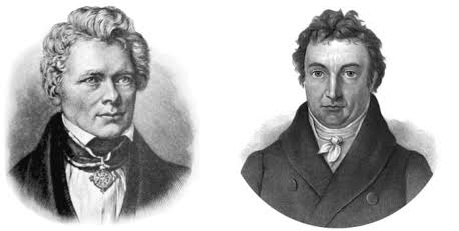
○ 셸링과 피히테
객관 속에서 모든 것이 가능하다는 ‘객관적 관념론’으로 언급되는 쉘링철학은 피히테의 ‘자아(Ich)’의 개념에 대한 비판에서부터 시작한다.
피히테에게 자아는 비아를 넘어서서 절대적 자아로 나아가는 것으로서, 절대적 자아는 비아에 의해 제약되는 유한한 자아의 존재론적 근거이고, 절대적 자아는 동시에 비아의 근거여야 한다.
그런데 피히테의 철학엔 절대적 자아가 구체적으로 어떻게 자아와 비아의 근저에 자리잡고 있는지 언급하지 않았다는 문제가 있었다.
셸링은 피히테의 자아와 비아, 주관과 객관이라는 이분법적 도식을 인정하지 않았다.
셸링에 따르면 자아와 비아는 대립하는 것이 아니라, 비아 속에서 자아를 탐색하는 것이다.
주관과 객관은 모두 절대자에 의해서 생겨나는 것인데, 여기서 주관과 객관의 동근원성 (同根源性)이 드러난다.
그러나 셸링의 철학은 결코 주관과 객관이 단순히 같은 것이라 생각했던 것은 아니다.
절대자는 모든 유한자의 근처에 자리잡고 있는데, 따라서 이것은 주관과 객관이라는 이분법적 구별을 넘어서 있다.
셸링은 이것을 무차별성 (Indifferenz)이라 칭하였다. 절대자는 어떤 실체가 아니며, 어떤 다른 사물과 구분되는 것이 아니다.
세계는 절대자 이외에 다른 것이 아니고, 무차별자로서의 절대자 자신만 세계에 있다. 즉 주관과 객관, 또는 정신과 자연이 실제로는 동일한 것이고, 세계는 무차별성이 존재의 특성인 절대자의 세계이다.
여기서 절대자는 동일자이다. 그리고 셸링은 예술에 대해서 주관과 객관이 동일한 것임을 표현하는 것이 예술이라고 주장하였다.
셸링철학의 궁극적인 물음은, 어떻게 무차별성, 즉 동일성에서 차별 (구별)이 생겨날 수 있는가인데, 그는 차별성에는 질적인 차별성과 양적인 차별성이 있다고 하였다.
여기서 양적인 차별성은 절대자와 구분되는 유한자 (이는 정신과 자연으로, 서로 상대방의 요소를 가진다)에게서 발견되는 차별로, 유한자가 절대자로부터 생겨나오는 것이다. 정신은 양적으로 정신의 요소가 자연의 요소보다 많으면 정신이 되는 것이다.
셸링철학에 있어서 자연은 자아의 활동전개를 위한 수단이 아니고, 그 자신에게 적극적인 목적과 가치가 있다. 즉 자연은 도구가 아니다. 이는 피히테의 철학과 대비되는 것이다.
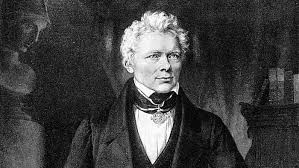
○ 저서
– 주요 저서
‘선험적 관념론의 체계 System des transzendentalen Idealismus’ (1800), ‘인간적 자유의 본질에 관한 철학적 고찰 : Philosophische Untersuchungen uber das Wesen der menschlichen Freiheit’ (1809) 등이 있다.
* Bibliography
– Selected works are listed below.
Ueber Mythen, historische Sagen und Philosopheme der ältesten Welt (On Myths, Historical Legends and Philosophical Themes of Earliest Antiquity, 1793)
Ueber die Möglichkeit einer Form der Philosophie überhaupt (On the Possibility of an Absolute Form of Philosophy, 1794).
Vom Ich als Prinzip der Philosophie oder über das Unbedingte im menschlichen Wissen (Of the I as the Principle of Philosophy or on the Unconditional in Human Knowledge, 1795), and
Philosophische Briefe über Dogmatismus und Kriticismus (Philosophical Letters on Dogmatism and Criticism, 1795).
1, 2, 3 in The Unconditional in Human Knowledge: Four Early Essays 1794–6, translation and commentary by F. Marti, Lewisburg: Bucknell University Press (1980).
De Marcione Paulinarum epistolarum emendatore (1795).
Abhandlung zur Erläuterung des Idealismus der Wissenschaftslehre (1796). Translated as Treatise Explicatory of the Idealism in the ‘Science of Knowledge’ in Thomas Pfau, Idealism and the Endgame of Theory, Albany: SUNY Press (1994).
Ideen zu einer Philosophie der Natur als Einleitung in das Studium dieser Wissenschaft (1797) as Ideas for a Philosophy of Nature: as Introduction to the Study of this Science, translated by E. E. Harris and P. Heath, introduction R. Stern, Cambridge: Cambridge University Press (1988).
Von der Weltseele (1798).
System des transcendentalen Idealismus (1800) as System of Transcendental Idealism, translated by P. Heath, introduction M. Vater, Charlottesville: University Press of Virginia (1978).
Ueber den wahren Begriff der Naturphilosophie und die richtige Art ihre Probleme aufzulösen (1801).
“Darstellung des Systems meiner Philosophie” (1801), also known as “Darstellung meines Systems der Philosophie”, as “Presentation of My System of Philosophy,” translated by M. Vater, The Philosophical Forum, 32(4), Winter 2001, pp. 339–371.
Bruno oder über das göttliche und natürliche Prinzip der Dinge (1802) as Bruno, or on the Natural and the Divine Principle of Things, translated with an introduction by M. Vater, Albany: State University of New York Press (1984).
On the Relationship of the Philosophy of Nature to Philosophy in General (1802). Translated by George di Giovanni and H.S. Harris in Between Kant and Hegel, Albany: SUNY Press (1985).
Philosophie der Kunst (lecture) (delivered 1802–3; published 1859) as The Philosophy of Art (1989) Minnesota: Minnesota University Press.
Vorlesungen über die Methode des akademischen Studiums (delivered 1802; published 1803) as On University Studies, translated E. S. Morgan, edited N. Guterman, Athens, Ohio: Ohio University Press (1966).
Ideas on a Philosophy of Nature as an Introduction to the Study of This Science (Second edition, 1803). Translated by Priscilla Hayden-Roy in Philosophy of German Idealism, New York: Continuum (1987).
System der gesamten Philosophie und der Naturphilosophie insbesondere (Nachlass) (1804). Translated as System of Philosophy in General and of the Philosophy of Nature in Particular in Thomas Pfau, Idealism and the Endgame of Theory, Albany: SUNY Press (1994).
Philosophische Untersuchungen über das Wesen der menschlichen Freiheit und die damit zusammenhängenden Gegenstände (1809) as Of Human Freedom, a translation with critical introduction and notes by J. Gutmann, Chicago: Open Court (1936); also as Philosophical Investigations into the Essence of Human Freedom, trans. Jeff Love and Johannes Schmidt, SUNY Press (2006).
Clara. Oder über den Zusammenhang der Natur- mit der Geisterwelt (Nachlass) (1810) as Clara: or on Nature’s Connection to the Spirit World trans. Fiona Steinkamp, Albany: State University of New York Press, 2002.
Stuttgart Seminars (1810), translated by Thomas Pfau in Idealism and the Endgame of Theory, Albany: SUNY Press (1994).
Weltalter (1811–15) as The Ages of the World, translated with introduction and notes by F. de W. Bolman, jr., New York: Columbia University Press (1967); also in The Abyss of Freedom/Ages of the World, trans. Judith Norman, with an essay by Slavoj Žižek, Ann Arbor: The University of Michigan Press (1997).
“Ueber die Gottheiten von Samothrake” (1815) as Schelling’s Treatise on ‘The Deities of Samothrace’, a translation and introduction by R. F. Brown, Missoula, Mont.: Scholars Press (1977).
Darstellung des philosophischen Empirismus (Nachlass) (1830).
Philosophie der Mythologie (lecture) (1842).
Philosophie der Offenbarung (lecture) (1854).
Zur Geschichte der neueren Philosophie (probably 1833–4) as On the History of Modern Philosophy, translation and introduction by A. Bowie, Cambridge: Cambridge University Press (1994).
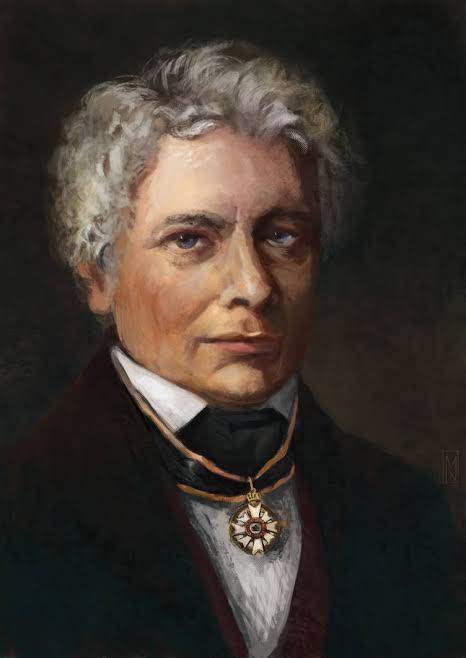
– Collected works in German
.AA
Historisch-kritische Schelling-Ausgabe der Bayerischen Akademie der Wissenschaften. Edited by Hans Michael Baumgartner, Wilhelm G. Jacobs, Jörg Jantzen, Hermann Krings and Hermann Zeltner, Stuttgart-Bad Cannstatt: Frommann-Holzboog, 1976 ff.
.SW
Friedrich Wilhelm Joseph von Schellings sämmtliche Werke. Edited by K. F. A. Schelling. 1st division (Abteilung): 10 vols. I–X); 2nd division: 4 vols. XI–XIV), Stuttgart/Augsburg 1856–1861. The original edition in new arrangement edited by M. Schröter, 6 main volumes (Hauptbände), 6 supplementary volumes (Ergänzungsbände), Munich, 1927 ff., 2nd edition 1958 ff.
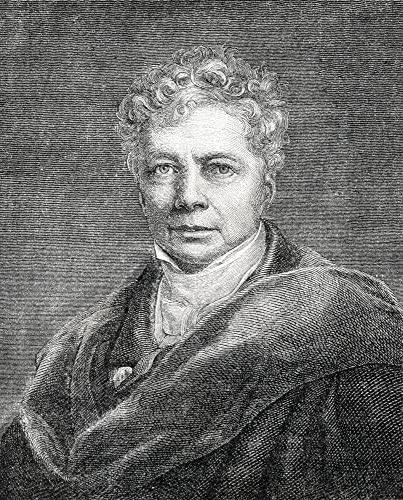
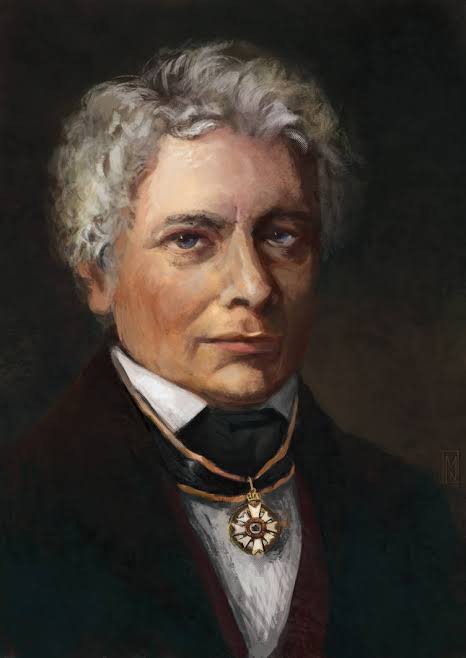
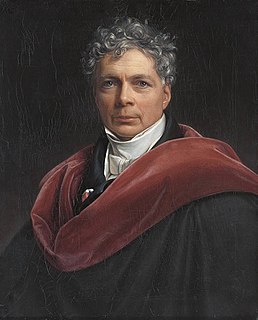
참고 = 위키백과, 교보문고
크리스천라이프 편집부

